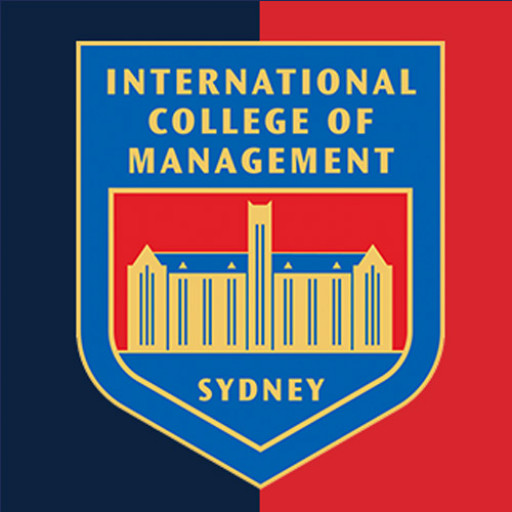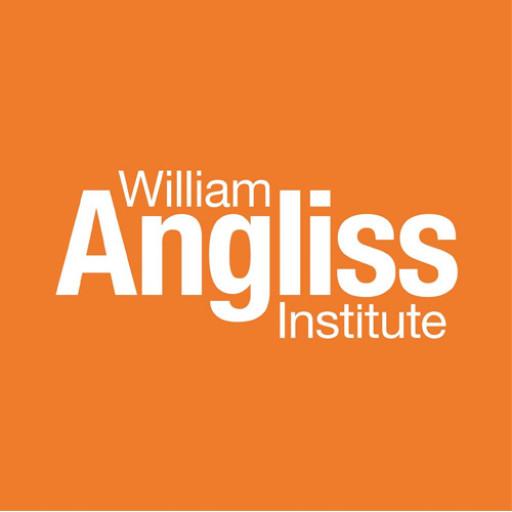Photos of university / #usqedu
The Bachelor of Tourism Management at the University of Southern Queensland is a comprehensive undergraduate program designed to prepare students for a dynamic and growing industry. This degree equips students with the essential knowledge and practical skills needed to succeed in various sectors of the tourism and hospitality industry, including travel management, event planning, hospitality services, and destination marketing. The program emphasizes a strong foundation in understanding the economic, cultural, and environmental factors that influence tourism development and management. Students will explore subjects such as tourism planning, sustainable tourism practices, tourism marketing, hospitality operations, and customer service excellence.
Throughout the course, learners engage in real-world projects, internships, and industry placements that provide valuable hands-on experience and foster professional networks. The curriculum is designed to develop critical thinking, problem-solving, leadership, and communication skills, enabling graduates to adapt to the evolving demands of the tourism industry. The program also covers contemporary topics such as digital marketing, tourism technology, and the impact of global trends on tourism businesses.
The University of Southern Queensland's Bachelor of Tourism Management is suitable for individuals passionate about travel, culture, and creating memorable experiences for others. Graduates are prepared for diverse employment opportunities worldwide, ranging from tourism consultancy and resort management to event coordination and sustainable tourism development. With its focus on practical skills and industry connections, this program provides a solid pathway for students aspiring to become innovative leaders in the tourism sector, contributing positively to economic development and community well-being.
Bachelor of Tourism Management at the University of Southern Queensland is designed to equip students with comprehensive knowledge and practical skills necessary to excel in the dynamic tourism and hospitality industry. This program offers a blend of theoretical frameworks and real-world applications, ensuring graduates are well-prepared to meet industry demands and contribute effectively to tourism development both locally and globally. Throughout the course, students explore key aspects such as sustainable tourism, tourism planning and development, marketing strategies, hospitality management, and cultural tourism. The curriculum emphasizes experiential learning through industry placements, case studies, and project-based assessments, enabling students to apply their learning in practical contexts. Students will also develop crucial skills in communication, problem-solving, leadership, and intercultural awareness, which are vital for managerial roles in tourism organizations, travel agencies, attractions, and government agencies involved in tourism policy and planning. The program is structured to allow flexibility, with a variety of elective modules that let students tailor their studies towards areas of particular interest, such as eco-tourism, event management, or digital tourism technologies. Additionally, the university fosters strong industry partnerships, providing students with opportunities for internships and networking, which are essential for career development. Graduates of the Bachelor of Tourism Management program are prepared to pursue careers in tourism operations, destination management, marketing, consultancy, and entrepreneurship, among other pathways. The program also serves as a foundation for further study at postgraduate levels for those wishing to deepen their expertise or pursue academic careers in tourism studies. With a focus on sustainable practices, innovation, and cultural diversity, the Bachelor of Tourism Management at USQ ensures students are ready to make a positive impact in the evolving tourism sector worldwide.
The Bachelor of Tourism Management at the University of Southern Queensland requires applicants to have completed their secondary education or equivalent, with a satisfactory academic record. Prospective students must demonstrate proficiency in English, typically through an IELTS score of at least 6.0 overall, with no band less than 6.0, or an equivalent standard recognized by the university. The program is designed to equip students with comprehensive knowledge and practical skills in the tourism industry, including areas such as tourism planning, development, marketing, and sustainable practices. Entry into the program may also consider prior learning or work experience relevant to tourism management, which can be assessed for credit transfers or advanced standing. The curriculum is structured to include core subjects in tourism principles, hospitality management, tourism law, environmental sustainability, and digital marketing, alongside electives that allow specialization in areas like event management or eco-tourism. To graduate, students must complete a set number of credit points, typically around 24 units, within the stipulated timeframe, which is usually three years full-time study. Some courses incorporate industry placements, which are essential for gaining practical experience and often contribute to the overall assessment. The program emphasizes the development of communication, leadership, and intercultural skills, preparing graduates for employment in various sectors of the tourism and hospitality industries, including tour operators, travel agencies, resorts, and government tourism departments. Students are encouraged to participate in extracurricular activities, networking events, and industry projects organized by the university to enhance their employability prospects. The university also offers pathways for advanced standing for students with relevant diplomas or prior university studies, allowing them to complete the program in a shorter duration. As part of the academic requirements, students must adhere to the university’s academic integrity policies and meet all assessment obligations throughout their studies.
The University of Southern Queensland offers various financing options for students enrolled in the Bachelor of Tourism Management program. Prospective students can explore several avenues to fund their studies, including government loans, scholarships, payment plans, and external funding sources. In Australia, the Commonwealth-supported places (CSP) allow eligible domestic students to access government subsidized tuition fees, significantly reducing the financial burden. International students are generally required to pay full tuition fees, which can be paid upfront or through an approved payment plan facilitated by the university.
The university provides a range of scholarships designed specifically for students pursuing degrees in tourism, hospitality, and related fields. These scholarships are awarded based on academic merit, financial need, or specific criteria such as leadership qualities or regional backgrounds. Students are encouraged to apply early and meet the scholarship requirements to secure additional funding. Additionally, students may consider external funding options, including private scholarships, sponsorships, or loans from financial institutions. The university also offers guidance resources and financial advisory services to help students develop a comprehensive plan to finance their education effectively.
Part-time work opportunities are available both on-campus and in the local community, enabling students to gain work experience while earning income to support their studies. The university’s location in Queensland provides access to a vibrant tourism industry, which can be a practical advantage for students seeking internships or part-time employment in the sector. Furthermore, students enrolled in the program can benefit from flexible payment options, allowing them to spread their tuition payments over the duration of their studies.
Overall, the University of Southern Queensland is committed to making education accessible, providing multiple financing options designed to accommodate different financial situations. It is advisable for students to consult with the university’s financial aid office early in their application process to understand the specific options available and to develop a tailored financial plan. By leveraging government support, scholarships, work opportunities, and flexible payment plans, students can effectively manage the costs associated with obtaining a Bachelor of Tourism Management at USQ.
The University of Southern Queensland offers a comprehensive Bachelor of Business in Tourism Management designed to prepare students for leadership roles within the dynamic tourism industry. This program equips students with a solid foundation in business principles, complemented by specialized knowledge in tourism operations, strategic management, and sustainable tourism practices. Throughout the course, students engage with a diverse curriculum that covers key areas such as hospitality management, marketing, event management, and environmental considerations critical to the tourism sector. Practical experience is integrated into the program through industry placements and real-world projects, enabling students to develop essential skills and establish professional networks. The program emphasizes innovative approaches to tourism development, embracing technology and digital marketing strategies essential in today’s competitive environment. Graduates of the Tourism Management program are prepared for a variety of career paths, including roles in tourism planning, destination management, tour operations, and hospitality services. The university's strong links with industry partners ensure that students gain relevant, up-to-date knowledge and experience, enhancing their employability upon graduation. Flexible delivery options, including online study modes, allow students to balance their studies with personal and professional commitments. The program is suitable for both recent secondary school graduates and mature students seeking to expand their expertise in tourism management. Universities' focus on contemporary issues such as eco-tourism, cultural heritage management, and technological innovation ensures that graduates are well-equipped to contribute to sustainable and responsible tourism development worldwide.







